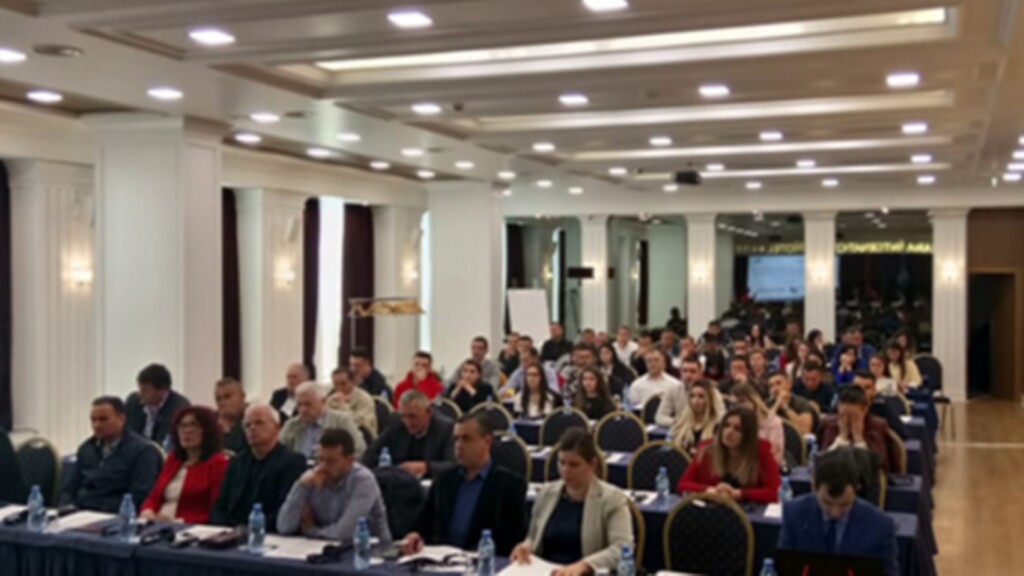Raising awareness of existing legislations to encourage sustainable fisheries and aquaculture practices in compliance with recommendations adopted by the GFCM.

The Mediterranean Legislation project initiated the creation of GFCM-Lex, an online platform helping fishers, stakeholders and the general public find information on national legislation relating to fisheries and aquaculture in the Mediterranean region. The project aims to raise awareness of existing legislations in the region to encourage sustainable fisheries and aquaculture practices in compliance with recommendations adopted by the GFCM.
The subregional methodology tested by the project was created to identify, analyze and disseminate existing laws regulating fisheries and aquaculture in the Mediterranean region in a unified and harmonized way through GFCM-Lex. Thanks to the successful application of the methodology, the first three target countries were able to identify gaps and align their national legislations with GFCM recommendations.
As a result of this process, over 100 legal documents from a range of countries were analyzed for revision. Considerable progress has been acknowledged in all three target countries:
- In Albania, the Ministry of Agriculture and Rural Development expressed its satisfaction over the project outcomes, particularly in identifying gaps in national legislation. Albania took immediate action by incorporating the missing GFCM decisions into national legislation. The Government was also able to incorporate GFCM provisions not yet reflected in the Albanian legislation in the national plan for European integration 2021-2023. In amending its national legal framework, Albania had the opportunity to encompass issues such as by-catch and illegal, unreported and unregulated fishing (IUU) and better address small-scale fisheries and recreational fisheries.
- Tunisia acknowledged the importance of the project and recently informed the GFCM that the substantial advantage of the platform is the link made between national legislation and relevant GFCM recommendations and referred to GFCM-Lex as a decisive tool to foster operational compliance in the Mediterranean region.
- In Turkey, full compliance with the GFCM recommendations has been maintained for the second consecutive time since 2019. The project methodology allowed Turkey to easily identify and structure its national measures for the management of fisheries and aquaculture in GFCM-Lex and link them to the relevant GFCM recommendations in place.
The ongoing project has encouraged more countries to be involved, namely Algeria, Egypt, Lebanon and Morocco, who have officially expressed their interest to apply the methodology to their legal frameworks, in order to effectively transpose GFCM recommendations into their national legislations.
Identifying legal gaps in the national frameworks has become easier, allowing countries to accelerate the transposition of GFCM recommendations. This methodology, once consolidated at the regional level, will become an integral process within the GFCM to ensure faster compliance with its recommendations. More importantly, this project promotes multi-stakeholder engagement throughout the application of the methodology.
Thanks to the collaborative nature of GFCM-Lex, anyone, from fishers’ associations to NGOs, can update information on national legislation relating to fisheries and aquaculture. This collective practice will not only ensure the constant development of country profiles in GFCM-Lex, but also increase stakeholders’ awareness and engagement in the compliance process of their country with regional and international measures in place for the management of living marine resources.



